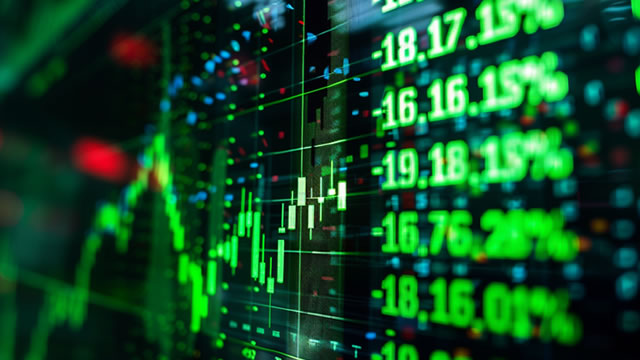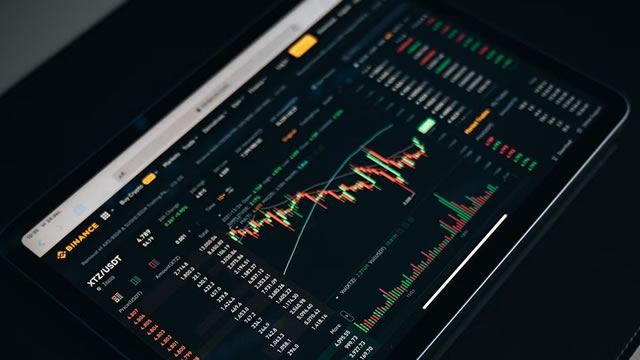Stock Market: A Rollercoaster Ride Amidst Tariff Uncertainty and Economic Concerns
Just when we thought the stock market was gearing up for a much-needed rally this week, the clouds of tariff uncertainty and economic concerns once again cast a dark shadow over Wall Street. Today, let’s delve deeper into this rollercoaster ride and explore how these factors are impacting both individual investors and the world at large.
Impact on Individual Investors
For individual investors, the recent market volatility can be a source of both anxiety and opportunity. On one hand, the uncertainty surrounding tariffs and economic conditions can make it difficult to make informed investment decisions. However, on the other hand, it can also create buying opportunities for those with a long-term investment horizon.
When tariffs are imposed, they can lead to increased costs for businesses. As a result, companies may experience decreased profits, which can negatively impact their stock prices. Conversely, if tariffs are lifted or reduced, companies may see an increase in profits, leading to higher stock prices. For individual investors, keeping a close eye on company-specific news and economic indicators can help inform investment decisions.
Impact on the World
The stock market is just one piece of the global economic puzzle. Tariff uncertainty and economic concerns can have far-reaching consequences, affecting everything from international trade to consumer confidence. Here are a few ways in which these factors can impact the world:
- International Trade: Tariffs can make imports more expensive, leading to a decrease in demand for foreign goods. This can negatively impact countries that rely heavily on exports, potentially leading to economic instability.
- Consumer Confidence: Economic uncertainty can lead to decreased consumer confidence, which can in turn lead to decreased spending. This can negatively impact businesses, particularly those in the retail and consumer goods sectors.
- Global Economic Growth: Economic concerns, such as recession fears or high levels of debt, can negatively impact global economic growth. This can lead to decreased investment, lower employment levels, and decreased economic output.
It’s important to note that the relationship between tariffs, economic conditions, and the stock market is complex. While tariffs can negatively impact certain sectors and companies, they can also create opportunities for others. Similarly, economic concerns can lead to decreased investor confidence and selling pressure, but they can also create buying opportunities for those with a long-term investment horizon.
Conclusion
In conclusion, the stock market’s recent volatility is a reminder that investing always comes with risks. Tariff uncertainty and economic concerns are just two of the many factors that can impact the market. For individual investors, it’s important to keep a close eye on company-specific news and economic indicators to inform investment decisions. And for those with a long-term investment horizon, market volatility can create buying opportunities. Ultimately, the stock market is just one piece of the global economic puzzle, and understanding the broader economic context can help inform investment decisions.
As we move forward, it will be important to stay informed about the latest economic and geopolitical developments. Whether you’re an individual investor or a global business, understanding how these factors are impacting the market can help you make informed decisions and navigate the challenges ahead.





